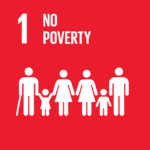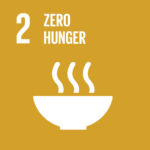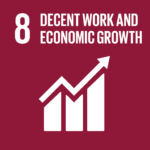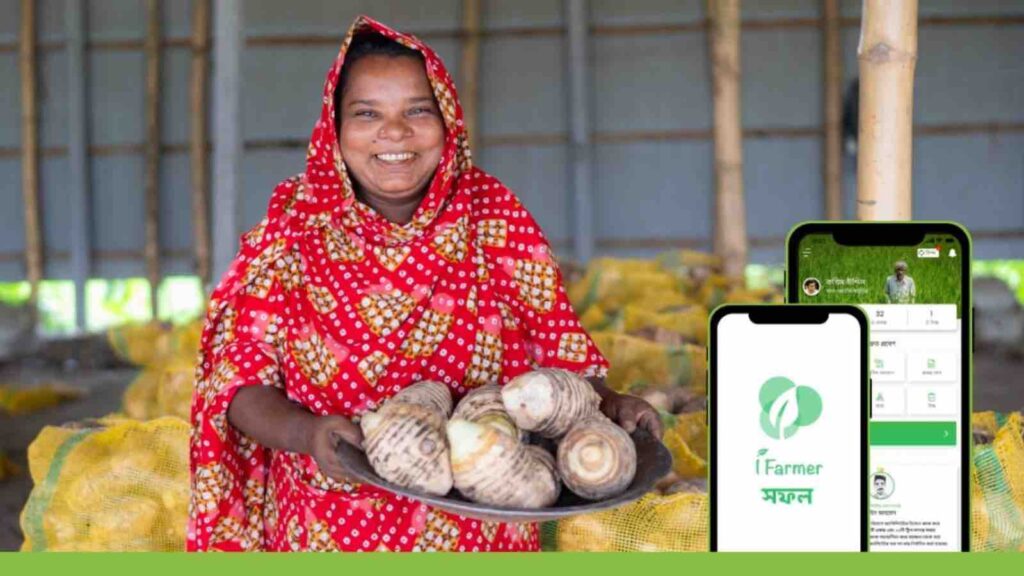The Pioneer Facility, an impact fund managed by Nexus for Development, has announced a $500,000 loan to iFarmer, a leading agri-tech company in Bangladesh.
DHAKA, Bangladesh — In a landmark move for Bangladesh’s agri-tech and impact investment landscape, the Pioneer Facility has made its first investment in the country, channeling $500,000 in flexible debt financing into iFarmer, a fast-growing agricultural platform supporting smallholder farmers.
Managed by Singapore-based Nexus for Development, the Pioneer Facility backs climate-resilient businesses across Southeast Asia. This three-year loan will provide iFarmer with working capital to procure agricultural produce directly from smallholder farmers and purchase essential inputs from manufacturers—helping to bridge systemic gaps in finance, access, and distribution.
RELEVANT SUSTAINABLE GOALS




A First Step Into Bangladesh
The investment marks the fund’s official entry into Bangladesh after expanding its regional mandate in 2024. While the Pioneer Facility has already deployed more than $3.7 million to climate-positive enterprises in Southeast Asia, this move could open the door for increased funding into Bangladesh’s emerging impact economy.
“The Pioneer Facility addresses critical funding gaps for high-impact climate enterprises, and we saw a significant opportunity in Bangladesh,” said Laura Alsenas, Executive Director of Nexus for Development. “Innovative businesses like iFarmer are already delivering measurable results. This investment helps them scale and drive more sustainable development outcomes.”
Elevating Smallholder Farmers Through Tech and Finance
iFarmer, co-founded by CEO Fahad Ifaz, works at the intersection of agriculture, finance, and digital innovation. The platform connects farmers to high-quality agricultural inputs, advisory services, insurance, and fair market access—all essential tools to lift rural communities out of poverty and build climate resilience.
“This funding from the Pioneer Facility will enable us to reach more farmers with better inputs, financing, and supply chain infrastructure,” said Ifaz. “It will directly enhance farmer livelihoods and improve the sustainability of agricultural practices across Bangladesh.”
Smallholder farmers make up the backbone of Bangladesh’s agricultural sector but often struggle with access to affordable credit, quality inputs, and fair market prices. iFarmer’s model—linking farmers with both input suppliers and financial institutions—has proven transformative in boosting yields and income.
Climate and Equity at the Core
Beyond income generation, iFarmer’s approach aligns with broader climate and sustainability goals. Regenerative farming, localized supply chains, and efficient resource use all contribute to climate-positive outcomes. With the support of Pioneer Facility, iFarmer’s scale-up will also benefit marginalized groups, including women and underserved rural communities.
According to Alsenas, “This investment will help scale iFarmer’s impact, ultimately contributing to more resilient and sustainable food systems.”
The partnership also reflects the increasing appetite among global investors for funding solutions that address climate change, economic inequity, and social inclusion. The Pioneer Facility—positioned as a catalytic debt vehicle—offers alternative financing that fills critical capital gaps for early-stage but high-potential enterprises.
As one of the first international impact funds to enter Bangladesh with a direct investment in a homegrown startup, the move is being closely watched by other players in the ecosystem.
“This is a milestone,” said a Nexus spokesperson. “Not just for iFarmer, but for what it signals about Bangladesh’s capacity to attract and absorb impact capital at scale.”
With climate finance still lagging in most developing economies, models like iFarmer’s—backed by outcome-driven funding—could become essential templates for scaling sustainable innovation. Nexus for Development has already signaled its intent to deepen engagement in Bangladesh, targeting more ventures aligned with climate resilience, gender equality, and poverty alleviation.
As food systems face increasing pressure from climate disruption, market volatility, and inequality, investments like this represent a shift toward long-term, inclusive solutions rooted in local realities.
For Bangladesh, where agriculture still employs more than 40% of the labor force, this could be the beginning of a new era of digitally enabled, environmentally sound, and socially inclusive rural development.
Lead image courtesy of iFarmer (via Nexus for Development)
You may also be interested in :
A Climate-Smart Future for Agriculture: The Role of Financial Institutions




